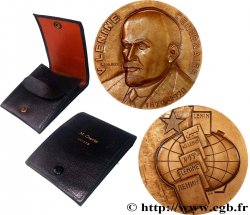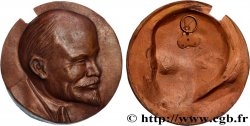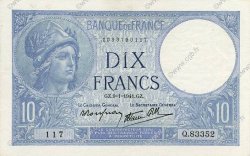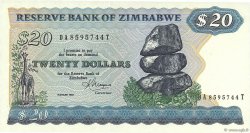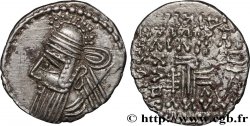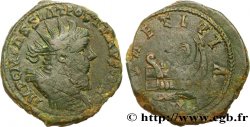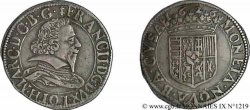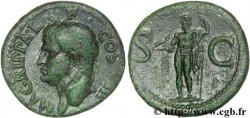fme_976592 - RUSSIA - SOVIET UNION Fonte, Lénine
non disponibile.
Articolo venduto sul nostro negozio (2025)
Prezzo : 220.00 €
Articolo venduto sul nostro negozio (2025)
Prezzo : 220.00 €
Tipo : Fonte, Lénine
Data: n.d.
Metallo : bronzo
Diametro : 216 mm
Asse di coniazione : 12 h.
Peso : 1180,72 g.
Orlo : lisse
Marchio : sans poinçon
Commenti sullo stato di conservazione:
Patine hétérogène avec des taches d’oxydation. Faible usure. Quelques concrétions
Diritto
Titolatura diritto : LENINE - 1921.
Descrittivo diritto : Buste de Lénine de face, signé : B.
Rovescio
Titolatura rovescio : INCUS.
Commento
Vladimir Ilitch Oulianov (en russe : Влади́мир Ильи́ч Улья́нов Prononciation), dit Lénine (Ленин) (1870-1924) est un révolutionnaire, théoricien politique et homme d'État russe. Rejoignant à la fin du XIXe siècle le Parti ouvrier social-démocrate de Russie, la section russe de la Deuxième Internationale, il provoque en 1903 une scission du Parti russe et devient l'un des principaux dirigeants du courant bolchevik. Auteur d'une importante œuvre écrite d'inspiration marxiste, il se distingue par ses conceptions politiques qui font du parti l'élément moteur de la lutte des classes et de la dictature du prolétariat.
Vladimir Ilyich Ulyanov (Russian: Влади́мир Ильи́ч Улья́нов), known as Lenin (Ленин) (1870-1924) was a Russian revolutionary, political theorist and statesman. Joining the Russian Social Democratic Labour Party, the Russian section of the Second International, at the end of the 19th century, he provoked a split in the Russian Party in 1903 and became one of the main leaders of the Bolshevik movement. The author of a significant body of written work inspired by Marxism, he distinguished himself by his political conceptions which made the party the driving force of the class struggle and the dictatorship of the proletariat.
Vladimir Ilyich Ulyanov (Russian: Влади́мир Ильи́ч Улья́нов), known as Lenin (Ленин) (1870-1924) was a Russian revolutionary, political theorist and statesman. Joining the Russian Social Democratic Labour Party, the Russian section of the Second International, at the end of the 19th century, he provoked a split in the Russian Party in 1903 and became one of the main leaders of the Bolshevik movement. The author of a significant body of written work inspired by Marxism, he distinguished himself by his political conceptions which made the party the driving force of the class struggle and the dictatorship of the proletariat.








 Segnalare un errore
Segnalare un errore Stampate la pagina
Stampate la pagina Condividi mia selezione
Condividi mia selezione Fai una domanda
Fai una domanda Consegnare / vendere
Consegnare / vendere
 Descrittivo
Descrittivo